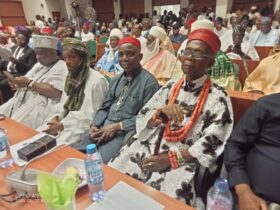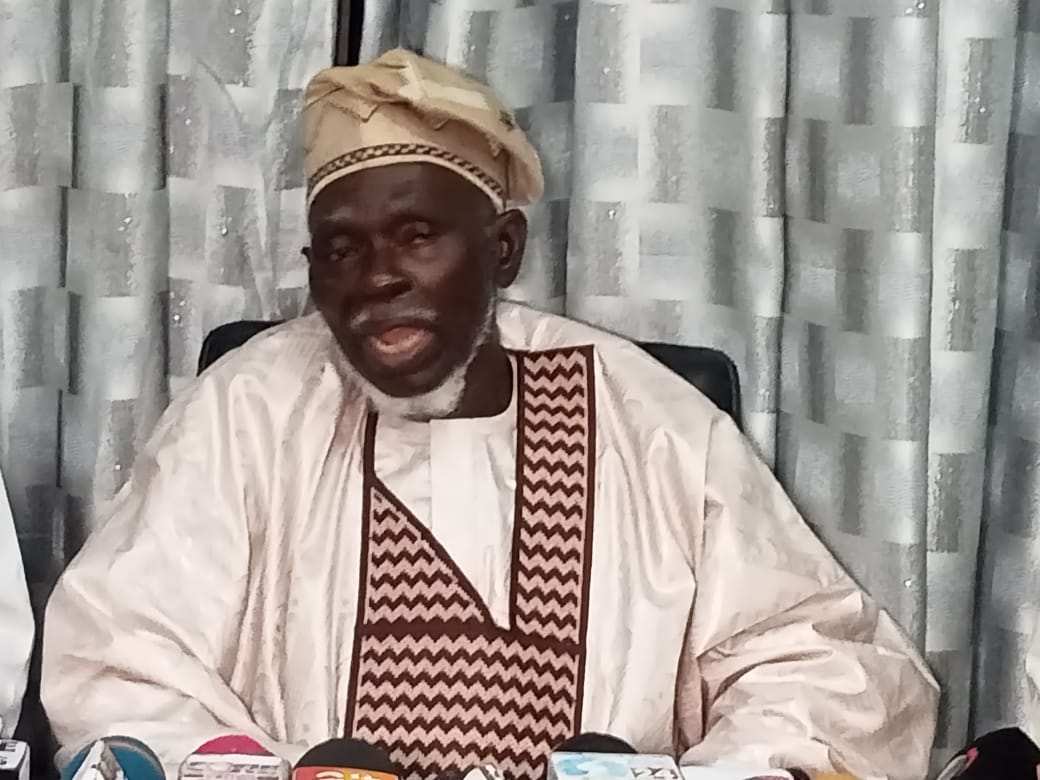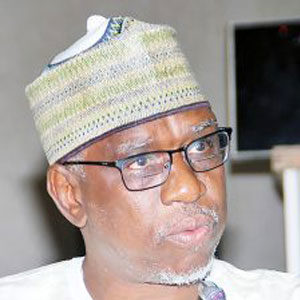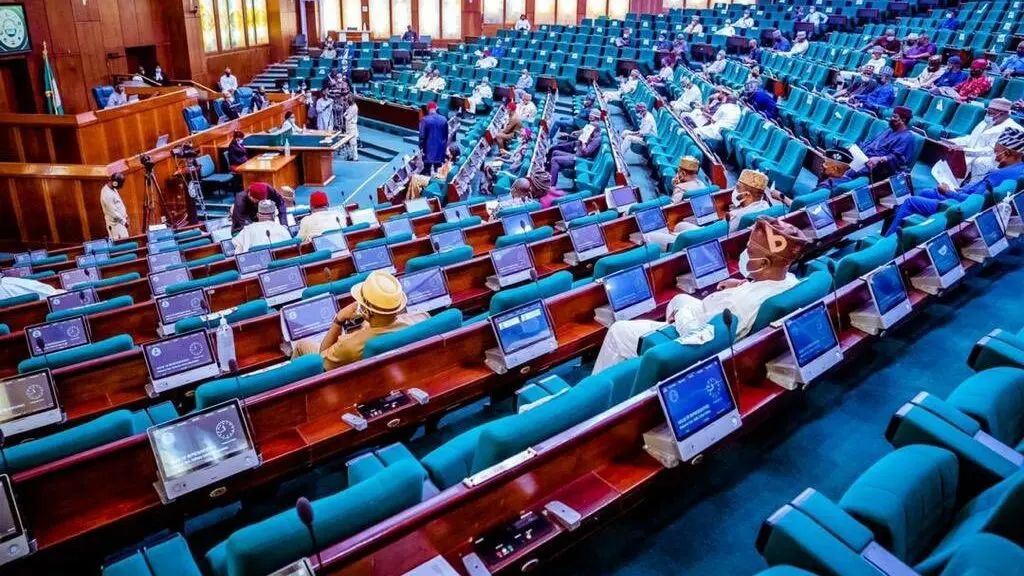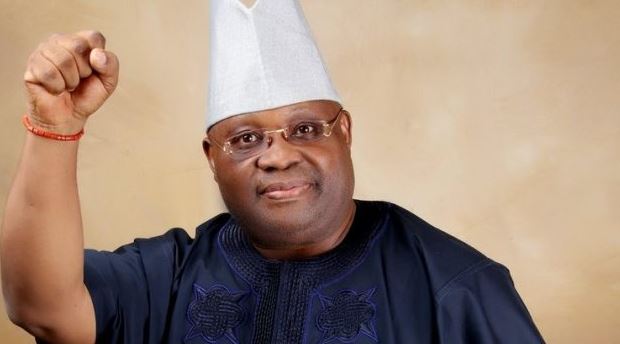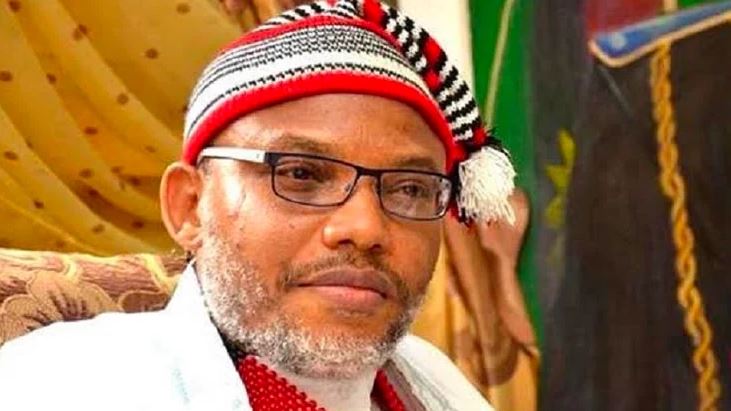The Acting National Chairman of Labour Party Lamidi Apapa escaped been lynched on Wednesday at the premises of the Federal High Court Abuja the venue of Presidential Election Petition Court, PEPC, by the loyalists of suspended National Chairman Julius Abure.
Apapa attended the Court session and he had attempted to introduce himself when the petition filed by Peter Obi challenging the election of Ahmed Bola Tinubu as President-Elect was mentioned.
But ,presiding justice Haruna Tsammani overruled the introduction of Lamidi Apapa and the Women National leader Duba Manuga as the representative of LP at the pre- hearing session when both got up to introduce themselves as representing the Labour Party.
When the court rose, Abure and his faction came out and walked through the lobby toward the exit door. Apapa and his faction came out of the court room and wanted to brief the press on what transpired inside the court.
A group of youths and loyalists to Abure
pounced on him and there was commotion as shout of thief rented the air. It took the intervention of media men and security personnel to save him.
Speaking at a press conference later at the Federal High Court, Lamidi Apapa profusely thanked the media and security personnel for saving him being lynched.
Apapa said that he went to the Court of Appeal as Acting National Chairman of Labour Party to witness Peter Obi and Labour Party petition. He denied that he was there to withdraw the petition.
He said that he did not receive N500m as being alleged against him to abort Peter Obi petition .He said that he had no reason to scuttle the election victory he had fought for and won.



